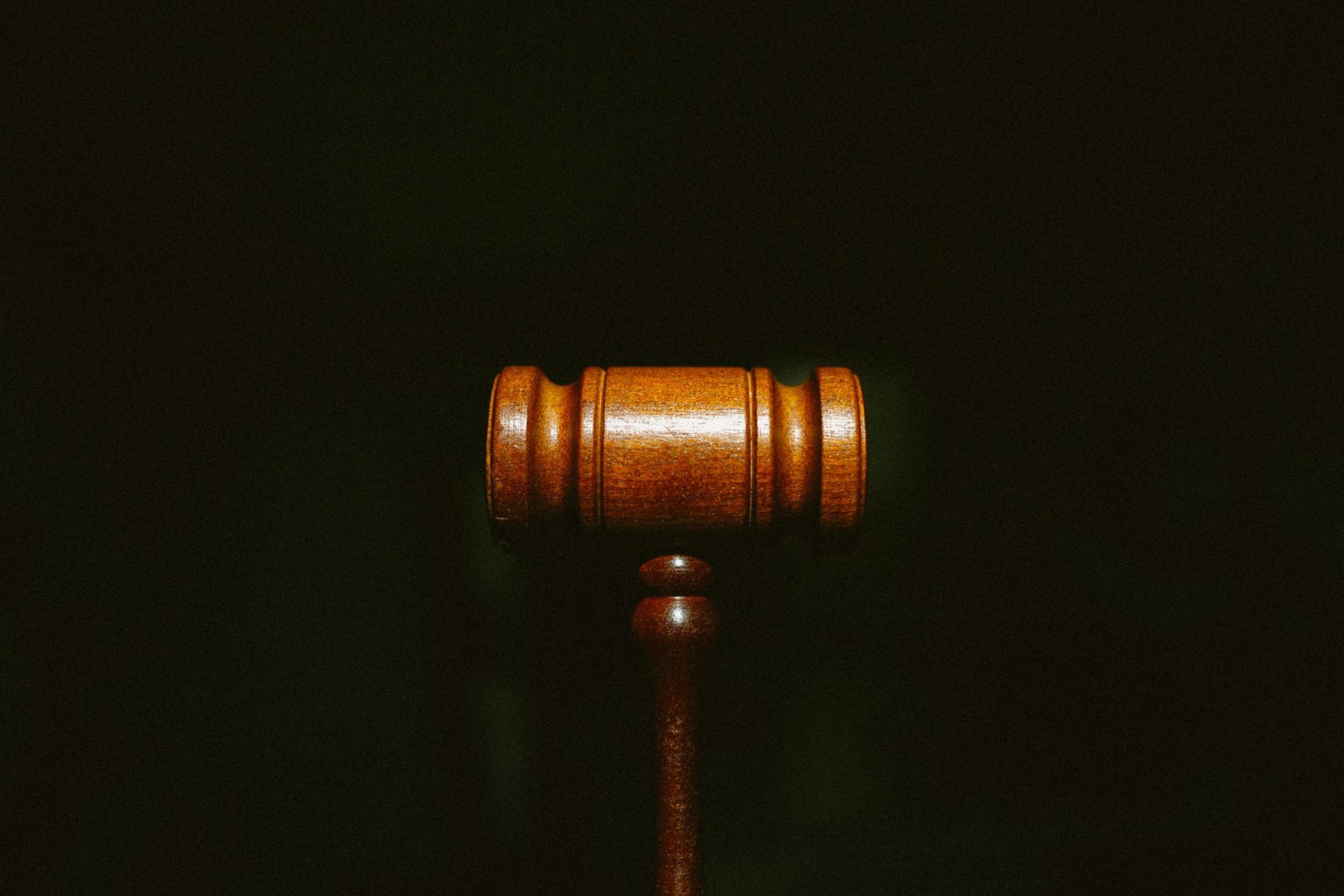In some ways, it seems like the Depp v. Heard defamation case has become the singular most iconic pop culture moment of the year. Sparking a wave of Twitter hashtags, TikToks and even merchandise, what began as a trial to sort out allegations of domestic violence became nothing short of a spectacle.
Johnny Depp and Amber Heard, both career actors, divorced in 2016 after what was, by all accounts, a tumultuous relationship even before they tied the knot. Two years later, Heard wrote an op-ed in The Washington Post about her experience in their relationship. She did not mention Depp by name in the article; however, Depp still sued her over its contents, claiming that she had defamed him with what she had written.
According to the note that was added to the top of Heard’s op-ed following the defamation trial, Depp based his lawsuit on the following phrases: “I spoke up against sexual violence – and faced our culture’s wrath. That has to change,” “Then two years ago, I became a public figure representing domestic abuse, and I felt the full force of our culture’s wrath for women who speak out,” and “I had the rare vantage point of seeing, in real time, how institutions protect men accused of abuse.”
Based on these three phrases, the jury in the defamation trial of Depp v. Heard sided with the former. He was awarded $15 million in damages. Heard, on the other hand, was awarded around $2 million.
The verdict was highly contentious. Some people argued that Depp should not have won the case at all and that his victory set a dangerous precedent for female-presenting domestic violence survivors, many of whom struggle to have their allegations taken seriously already. Others, particularly those who aggressively supported Depp, felt that even giving Heard $2 million was an insult to her ex-husband, and that she should have been awarded no money at all.
In the aftermath of the trial, many took to social media and blogs to express their thoughts on the potential repercussions of the ruling. This piece, however, is not one of those stories. To be frank, deciding whether the jury made the correct decision is beyond the scope of this article. However, something that can be dealt with is the role of the American populace in the decision, and what the costs of its role will be.
In the case of Depp v. Heard, the American people were the real villains.
Now, there is no denying that neither Depp nor Heard deserves to be entirely absolved. Neither one of them was entirely innocent over the course of their relationship, and to claim otherwise would be patently absurd. They are, after all, human beings, and thus as messy and flawed as everyone else, if not more so. However, what began as an attempt to resolve the implosion of an unpleasant and chaotic relationship quickly morphed into nothing less than an absolute disaster in every sense of the word.
Quite frankly, regardless of the parties involved, any trial pertaining to domestic violence deserves more solemnity and respect than what Depp v. Heard received.
There was open and widespread mockery of Amber Heard for the way that she behaved on the stand. As The New Yorker reporter Jessica Winter explained, “Heard, admittedly, was not good on the stand during direct examination – she did a lot of tearless crying, and she often appeared to be performing her sorrow rather than reliving it … Then again, if Heard had testified with perfect composure, she might have been pilloried as calculated and unfeeling; if she had cried an ocean, as Patricia Bowman did when she testified against William Kennedy Smith, in his 1991 rape trial, she might have been ridiculed as messy and hysterical, just as Bowman was.”
Essentially, when Amber Heard was on the stand, she did not behave in a manner that the American people thought a true survivor of domestic violence would. In their eyes, this unexpected behavior made her untrustworthy.
On the other side, people treated Depp with a level of fanaticism that, especially given the context, could feel disturbing at times. For example, some of his most dedicated fans flocked to the Fairfax County Courthouse, where the defamation trial was being held. Many of them carried signs expressing their support, and some even went so far as to dress up as characters from some of Depp’s signature movies, such as “Pirates of the Caribbean.”
“We just want to support our captain,” Depp fan and aforementioned “Pirates of the Caribbean” cosplayer Jack Baker told The New York Times. “If he goes down with the ship, we’re going down with him.”
People who were unable to attend the trial in person took to different social media platforms to express themselves — especially those who supported Johnny Depp. NBC News found that on TikTok specifically, videos with the hashtag “Justice for Amber Heard” were viewed a mere 27 million times compared to a staggering 20 billion views for “Justice for Johnny Depp.”
People made tweets, TikToks, YouTube videos and T-shirts. The American people took a serious matter and essentially turned it into a bad joke, complete with pirate costumes and online mockery. They treated the individuals involved in the case — a case surrounded by allegations of severe abuse and domestic violence, it is worth reiterating — as the punchline, acting as though Johnny Depp and Amber Heard were merely objects for their consumption, as opposed to actual human beings. For those who looked at the situation from outside this celebrity-culture echo chamber, though, it was clear that Depp and Heard were not the real punchline: The American people were.
The trial could have gone two very distinct ways. On the one hand, Depp v. Heard could have been handled with decorum and used as a thoughtful look into the ways in which the actions of celebrities have trickle-down repercussions for everyday people. On the other hand, it could have been used as a cruel source of entertainment and mockery. The American people chose the latter and have thus cemented themselves as the real villains in the case of Depp v. Heard.
















